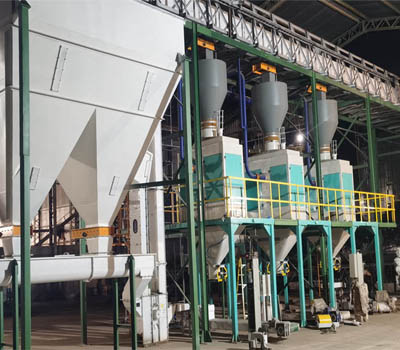How to determine the scale of edible oil processing plant
Determining the scale of edible oil processing plant is a process that needs to consider many factors comprehensively. Here are some key points to help you make informed decisions when planning.

Investment budget is an important limiting condition of planning scale. Equipment procurement, plant construction, employee recruitment and training all need a lot of financial support. When making the budget, it is suggested to set the priority according to the actual situation to ensure the reasonable allocation of funds. You can choose a moderate scale at the beginning, and then gradually expand after the business is stable.
The market demand is the core factor that determines the scale of the processing plant. You need to evaluate the consumption habits, population size and competition of the target market. For example, the preference of local residents for a certain edible oil, the supply gap in the market and the production capacity of competitors will directly affect your sales potential. If the market demand is large, you can consider expanding the production scale; On the contrary, you need to invest carefully.
The production capacity needs to match the market demand. According to the expected sales volume, determine the daily, weekly or annual production target. For example, if the goal is to produce 1000 liters of edible oil every day, then the equipment and operational capacity must be able to meet this demand, and at the same time, some flexibility should be considered to cope with market fluctuations.
The selection of processing technology and equipment is closely related to the production scale. Small processing plants can choose simple semi-automatic equipment, while large factories need more efficient fully automatic production lines. In addition, the choice of technology should also consider product quality and production efficiency in order to remain competitive in the market.
The stability of raw material supply is the basis of ensuring continuous operation. You need to ensure that you can get an adequate and high-quality supply of raw materials, such as rapeseed, soybeans or peanuts. If the supply of raw materials is unstable, it will directly affect the production plan and product delivery.
Compliance with laws and regulations is a prerequisite for legal operation. You need to ensure that the factory meets local environmental protection, safety production and hygiene standards. For example, whether the discharged wastewater meets the standard and whether the safety of workers is guaranteed, etc., all need to strictly abide by the relevant regulations.
The stability of raw material supply is the basis of ensuring continuous operation. You need to ensure that you can get an adequate and high-quality supply of raw materials, such as rapeseed, soybeans or peanuts. If the supply of raw materials is unstable, it will directly affect the production plan and product delivery.
Compliance with laws and regulations is a prerequisite for legal operation. You need to ensure that the factory meets local environmental protection, safety production and hygiene standards. For example, whether the discharged wastewater meets the standard and whether the safety of workers is guaranteed, etc., all need to strictly abide by the relevant regulations.
